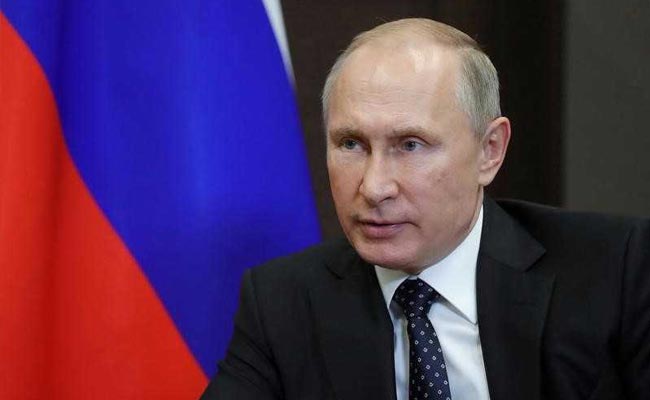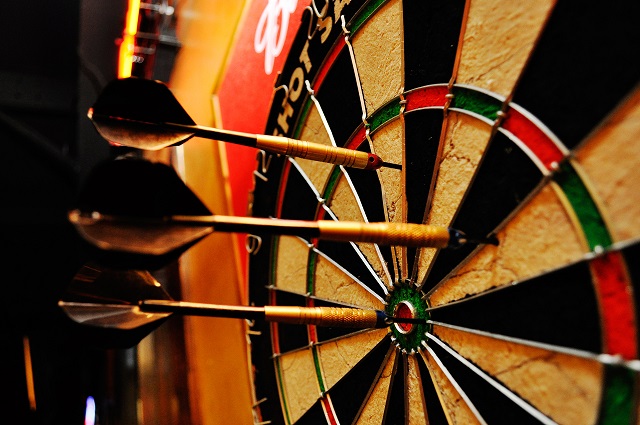Russia hits back at Britain in spy poisoning row

London — back at Britain in the spy poisoning row, demanding proof of its alleged involvement in a nerve agent attack, as international weapons experts arrived to take samples of the toxic substance.
The March 4 poisoning of former double agent Sergei Skripal, which took place just two weeks ahead of Russia’s presidential poll in which Vladimir Putin was re-elected, has plunged relations between London and Moscow into crisis.
As the European Union offered Britain its “unqualified solidarity” on Monday, the Kremlin demanded London either come up with proof of Russia’s involvement – or apologise.
“Sooner or later these unsubstantiated allegations will have to be answered for: either backed up with the appropriate evidence or apologised for,” said Putin’s spokesperson Dmitry Peskov.
Putin himself on Sunday rejected as “complete drivel, rubbish, nonsense” the allegations by London and its allies that Russia was behind the attack on Skripal and his daughter Yulia in the English city of Salisbury.
Speaking in Brussels alongside British Foreign Secretary Boris Johnson on Monday, Nato Secretary General Jens Stoltenberg said Russia’s response had so far “demonstrated a clear disregard for international peace and security”.
British Prime Minister Theresa May on Monday repeated her belief that Russia was responsible.
“They have the capability. This nerve agent was one from a group of Novichoks that were developed by the Soviets,” she said while visiting Birmingham.
“Russia has the capability and, I believe, the motive and intent and this is part of a pattern of behaviour we see from Russia across Europe,” she said.
Britain has pointed to the 2006 radiation poisoning of former spy and Kremlin critic Alexander Litvinenko in London – blamed on Moscow – and Russian activity in Crimea and Ukraine.
Polish Prime Minister Mateusz Morawiecki and German Chancellor Angela Merkel, meeting in Warsaw on Monday, agreed that “the European Union needs to provide a strong response, and not just a symbolic one”, Morawiecki said.
The comment came after Britain, France, Germany and the United States issued a joint statement last week blaming Russia for the attack, the first offensive use of chemical weapons in Europe since World War II.
EU foreign ministers on Monday offered Britain their full support, although sources say some states have been reluctant to put pressure on Moscow over the incident.
“The European Union takes extremely seriously the UK government’s assessment that it is highly likely that the Russian Federation is responsible,” they said.
The nerve agent attack is expected to be discussed at an EU summit in Brussels starting on Thursday.
Russia’s foreign ministry issued a statement on Monday saying it was “perplexed by the extreme haste EU members have considered… the British inventions over Russia’s involvement in the tragic incident in Salisbury”.
“We regret that the EU, by omitting obvious facts and considerations, has once again fallen victim to ‘European solidarity’ and accumulated anti-Russian reflexes.”—AFP.











Comments